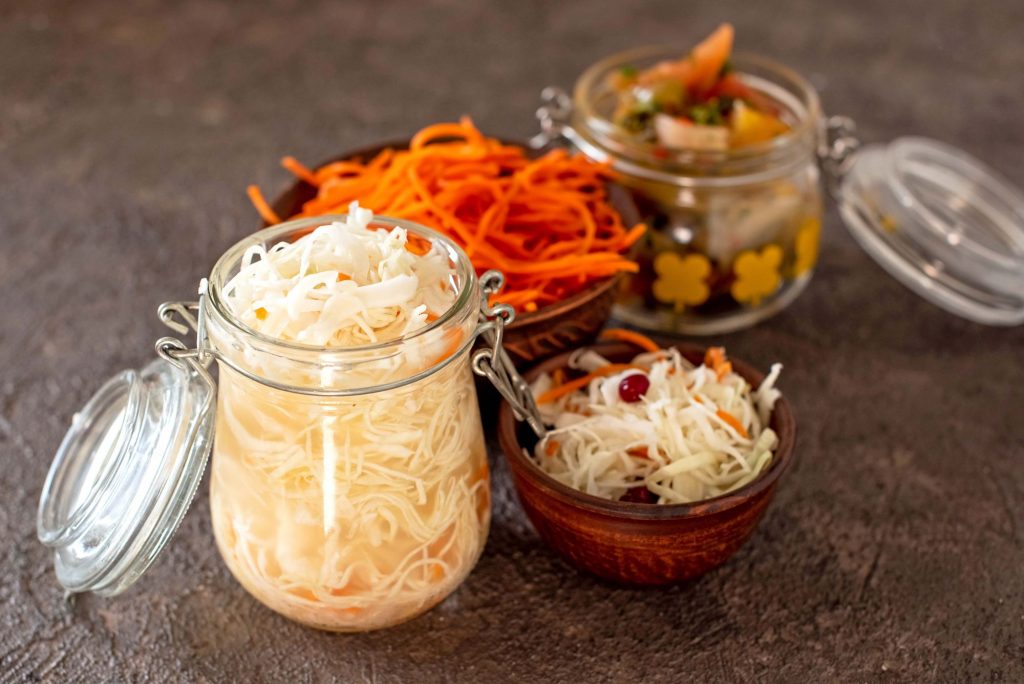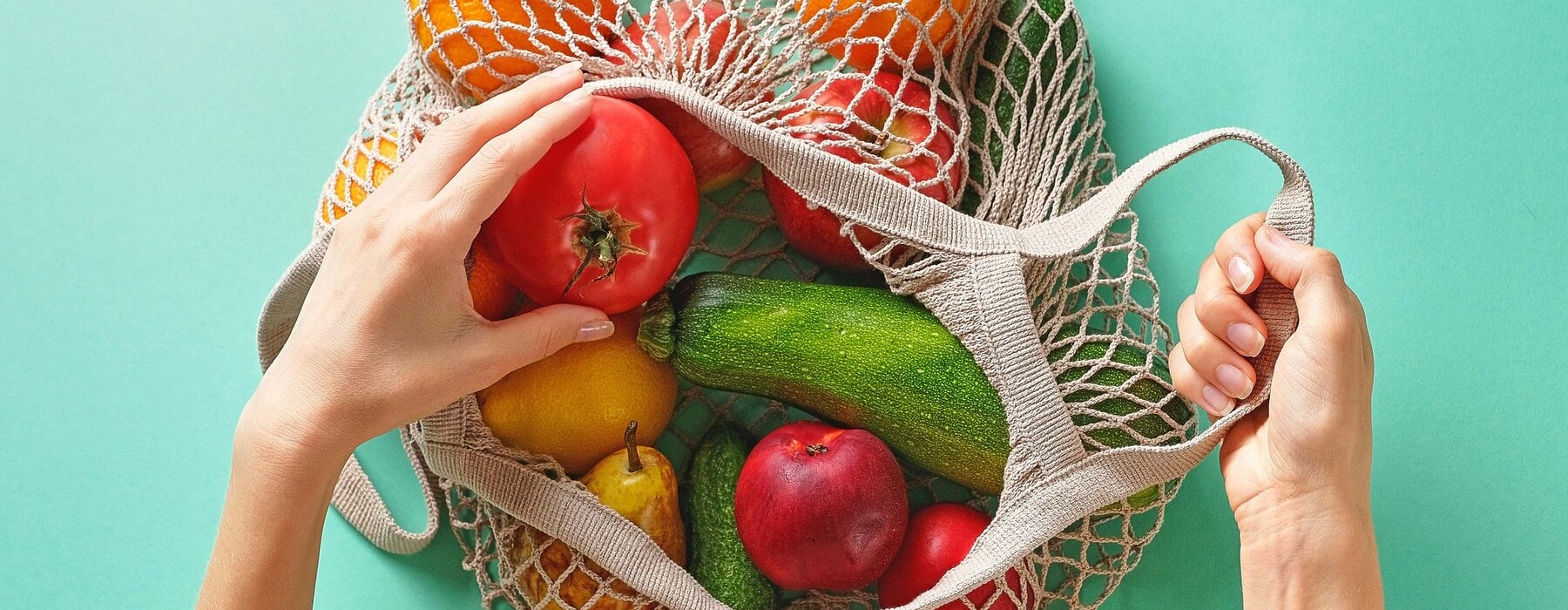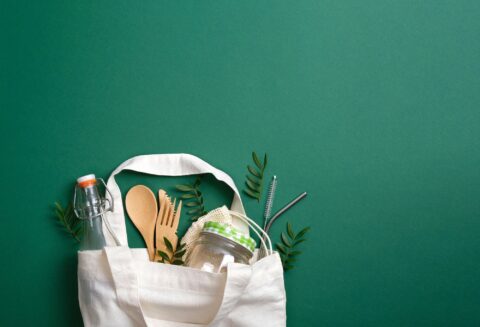Digest these facts and get to know your insides.
A few years ago, no one talked about their gut. Now, gut health is a hot trend, with many products featuring gut-friendly claims – it’s seriously on everything. The other day, I saw probiotic chips in my supermarket. The gut is where it’s at when it comes to wellness.
When we think of the “gut”, we tend to think of the stomach and maybe the bowels. But the term gut actually technically describes the whole system from mouth to anus – it’s all the twists and turns of our digestive system.
The gut is an extremely interesting organ. You probably know your intestines, for example, are between three and five metres long. But did you know you also carry around in your gut a population of bacteria that numbers 100 trillion and weighs about 200g (the size of a large orange).
That might sound gross, but it’s actually pretty cool. Those bacteria – otherwise known as our gut microbiota – are responsible for many aspects of our health. Scientists are still learning much about this, but we know, for example, that gut bacteria can have an impact on our mental health, our immunity, our risk of diseases like diabetes, and even our tendency to gain weight.
Nourishing our gut and its inhabitants can really make a big difference to overall health and wellbeing. As women – especially in midlife and beyond – this is even more important, since menopause is known to alter the gut bacteria, thanks to hormone receptors in our gut, which may be why women often report gut symptoms at this time.
Nourishing our gut and its inhabitants can really make a big difference to overall health and wellbeing
So, what’s great for our gut?
Wholefoods
First, it makes sense that what we put in our bodies affects how healthy things are inside our gut. We’re looking to nourish not only the bacteria, but also the gut mucus, which is part of the lining of our gut. This mucus helps in protecting and nourishing our gut bacteria, as well as stopping “bad” bacteria and other things from penetrating the gut lining and causing inflammation-related trouble elsewhere in the body.
When it comes to food, think “whole” and “variety”. The less processed food you eat, the better, and eating a wide variety of food means you’ll encourage a diverse population of gut bacteria. Think tons of vegetables and fruits, for a start.
Prebiotic Fibre
Getting prebiotic fibre is important – this is one of your gut bacteria’s favourite foods. We get prebiotic fibre in certain produce like peas, corn and onions, as well as chickpeas, lentils and beans. Wholegrain cereals (oats, couscous, barley, etc), nuts and seeds are also your friends here. Most of us probably don’t get as much fibre as we should, so go for wholegrain versions of everything and choose a high fibre option if you can.
Fermented Foods
Fermented foods are also great for your gut – those trendy things like sauerkraut, kimchi, kefir and kombucha – as they contain probiotics which can help restore the balance of good vs bad bacteria. Choose your fermented foods wisely though. If a product is pasteurised, unless it’s using specific probiotics that are resistant to pasteurisation, you might not be getting what you think you are. Watch for sugar levels in kombucha, too, as these can vary quite surprisingly.

Supplements
There are tons of supplements that claim to help gut health, from turmeric and aloe vera to digestive enzymes. And then there’s a huge number of probiotics. As with all supplements, there’s no obligation on the part of the manufacturer to prove what they say their products do. So proceed with caution and look for products that offer proper evidence. Try to find certain strains of probiotics with specific benefits, and ideally with the quantities specified, too – look for CFUs (colony forming units) with higher numbers. And, like supplements, if you don’t feel any results within a month or so, drop it and try another option.
And what’s bad for the gut?
Saturated Fats
There are some things our gut bugs and gut mucus don’t like so much. One is a high-fat diet. There’s evidence diets high in fat damage the gut lining and promote inflammation – something we definitely don’t want. Eating too much saturated fat (the kind in butter, animal fat, coconut and dairy products, etc) has been found to reduce the diversity of the gut bacteria, too. So taking it easy on the fatty foods is probably a good idea.
Alcohol
It’s also a good idea to limit alcohol, as too much can cause inflammation in the gut and damage the gut lining – not to mention upset the gut bacteria. Since our gut bacteria helps us metabolise alcohol as well as digest our food, hitting the booze too hard can set us off into a downward spiral of gut symptoms.
Processed Sugars
The same is true of sugar. Natural sugars found in fruit or dairy are fine and can be good gut food. But if we eat more sugar than the small intestine can handle – from processed food like sweets, sugary drinks, honey, jams, sauces, etc – that sugar can be passed down into the large intestine and stop some of our good bacteria from doing their jobs. Another good reason to stick to whole foods and keep our gut passengers happy.








